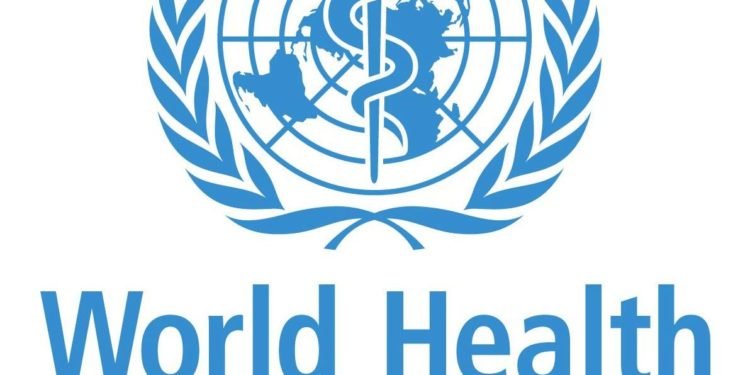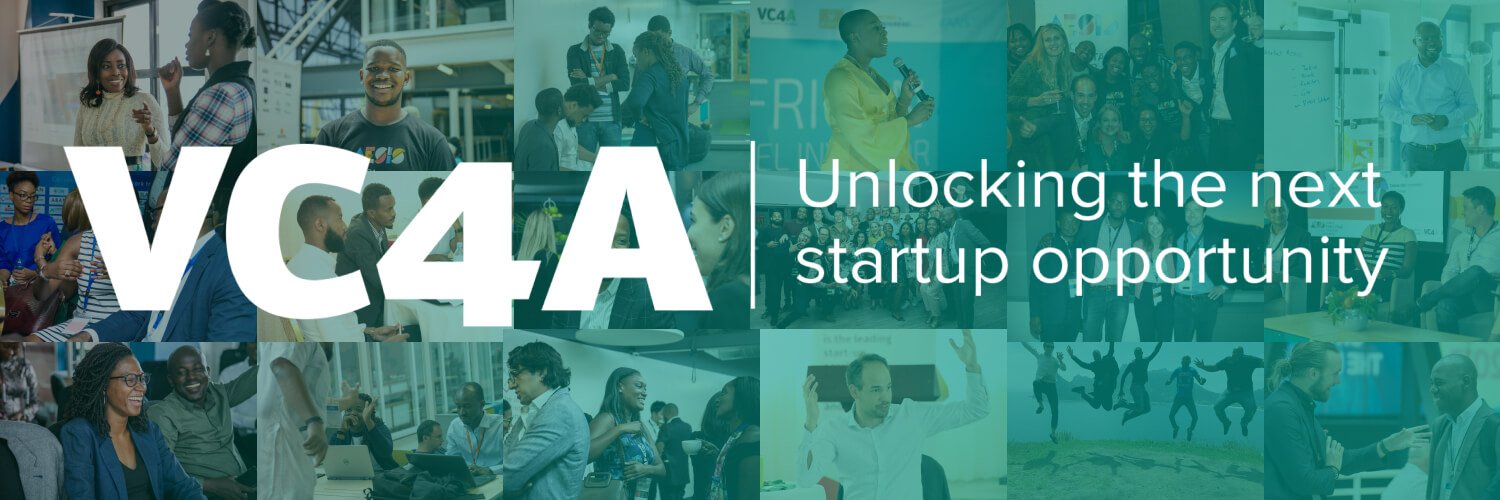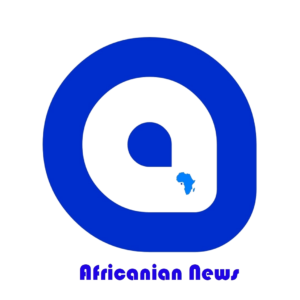The COVID-19 pandemic has highlighted the need for innovative health technologies that can help countries improve health outcomes by providing shortcuts to solutions despite lack of infrastructure and resources. However, many of the new technologies that have come to market are unaffordable or unsuitable for low- and middle-income countries.
“Innovative technologies are accelerating access to healthcare everywhere, but we must ensure that they are readily available in all health facilities, fairly priced and quality-assured,” said Dr Mariângela Simão, WHO Assistant Director General for Access to Health Products. “WHO will continue to work with governments, funders and manufacturers to promote sustainable supplies of these tools during and beyond the COVID emergency.”
The compendium’s main objective was to select and assess technologies that can have an immediate and future impact on COVID-19 preparedness and response, potentially improve health outcomes and quality of life, and/or offer a solution to an unmet medical need. 15 of these technologies are already commercially available in countries, while the rest are still at the prototype stage.
The compendium includes simple items ranging from a colourized bleach additive, which allows the naked eye to identify non-sterilized surfaces and objects, to more complex though easy-to-use equipment such as a portable respiratory monitoring system and ventilators with an extended battery that can be used where electricity is not available or unstable. The list also includes a deployable health facility for emergencies decked out in a shipping container.
Some of these technologies are already in use and have proven their value through pilot programmes. For example, the solar powered oxygen concentrator has been highly effective in treating pneumonia, which kills 900,000 children a year, in a regional children’s hospital in Somalia’s Galmudug state.
Studies have demonstrated that reliable access to oxygen can reduce child deaths due to pneumonia by 35%. Given the shortage of oxygen in numerous countries, the concentrator is a critical tool in the treatment of hospitalized COVID patients.
WHO has been assessing innovative technologies for the last 10 years, some of the selected products are now addressing priority health problems in low-resource settings. A critical example is a smartphone application that allows the user to instantly record accurate blood pressure measurements. According to a report released by WHO last week, the number of adults aged 30–79 years with hypertension has increased from 650 million to 1.28 billion in the last thirty years and almost half these people do not know they have hypertension.
Smartphones are widely available, even in the most remote areas or low-resource settings. The software-based platform transforms existing smartphones into a medical device capable of measuring blood pressure accurately, with no need to add any other devices or accessories. The other advantage of the app is that even in the absence of a trained health worker, patients can self-test and better manage their blood pressure.
The compendium provides a full assessment of the technologies, carried out by a group of international experts working with WHO technical teams, on the basis of: compliance with WHO specifications regarding performance, quality and safety; suitability in low-resource settings; affordability; ease of use; and regulatory approval status. This information is vital to help governments, non-governmental organizations and funders decide which products to procure.
Conclusions on the suitability of each technology is communicated through a simple traffic light scoring system, indicating whether the product is recommended (for use without any known limitations); recommended with caution (limitations may have been identified related to maintenance and need for trained staff); or not recommended (inappropriate, unsafe or unaffordable).










